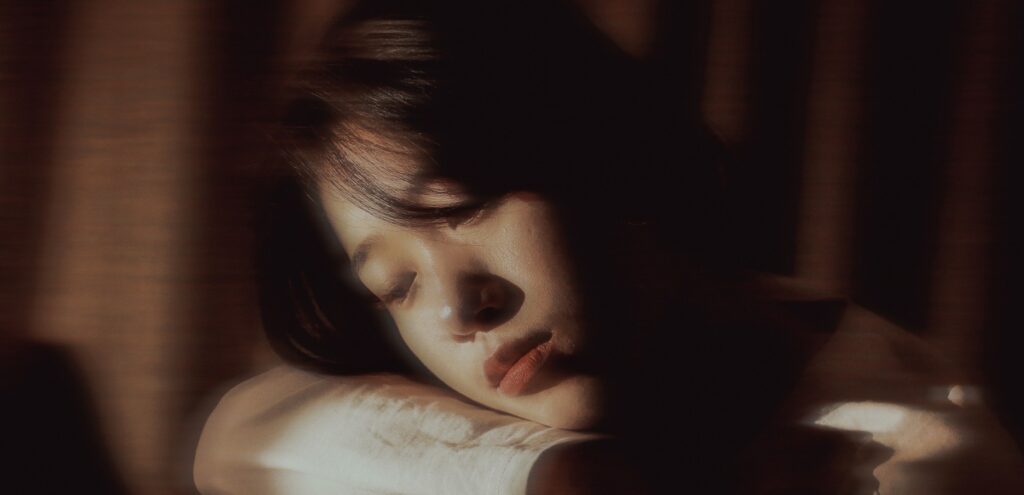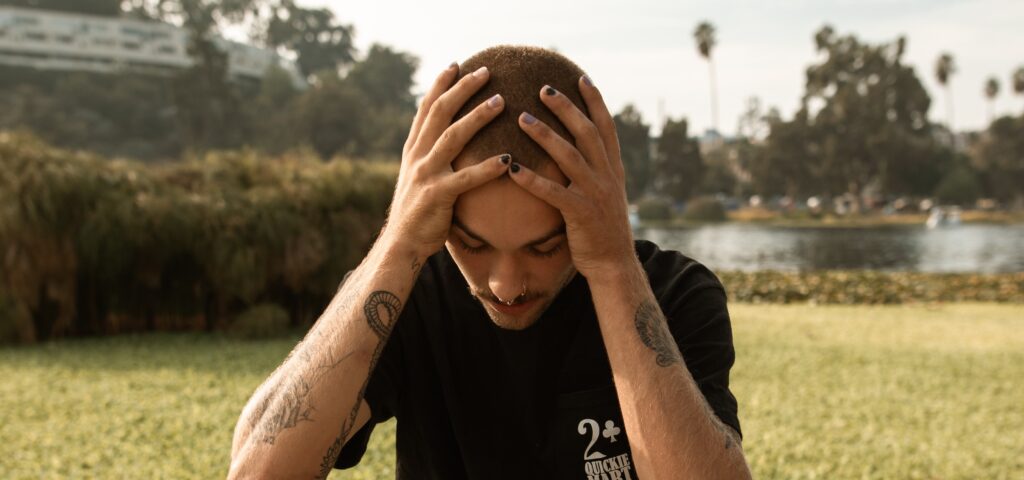Bipolar disorder is a complex mental illness characterized by periods of mania and depression. These bipolar episodes can have severe and potentially harmful effects. The presence of a substance use disorder (addiction) alongside bipolar disorder can inflame symptoms, complicate treatment, and increase the risk of complications. It is vital for individuals living with bipolar disorder to be aware of these risks and exercise caution when it comes to alcohol consumption. Read on to discover more about bipolar and alcohol.
What Happens When Someone with Bipolar Drinks Alcohol?
Bipolar and drinking can have various effects on mental health and overall well-being. Here are some potential outcomes:
- Mood instability: Alcohol is a known mood-altering substance, and it can disrupt the delicate balance of emotions in individuals with bipolar disorder. It may intensify depressive episodes, leading to increased sadness, hopelessness, and lethargy. Alcohol, on the other hand, can exacerbate manic episodes, amplifying feelings of euphoria, impulsivity, and recklessness.
- Medication interactions: Many individuals with bipolar disorder take medications to manage their symptoms. Alcohol and bipolar meds is a bad mix because it can interfere with the effectiveness of these medications and potentially lead to unexpected side effects. It’s crucial to consult with a healthcare professional about the specific interactions between alcohol and prescribed medications.
- Impaired judgment and decision-making: Bipolar disorder already affects judgment and impulse control. When alcohol is introduced, it further impairs cognitive function, making it challenging for individuals to make sound decisions. They may engage in risky behaviors, such as excessive spending, promiscuity, or aggressive actions, which can have severe consequences.
- Increased health risks: Bipolar disorder is associated with an increased risk of physical health issues like cardiovascular problems, liver disease, and diabetes. Alcohol consumption can compound these risks and lead to further health complications. Beyond this, excessive drinking can negatively impact sleep patterns, worsening the sleep disturbances commonly experienced by those with bipolar disorder.
Can Alcohol Trigger Bipolar Disorder?
Alcohol itself does not trigger bipolar disorder, as it is a complex mental health condition with multiple possible causes. That said, alcohol abuse or excessive drinking can contribute to the onset or worsening of bipolar disorder symptoms in susceptible individuals. Here’s how bipolar disorder and alcohol abuse are interrelated:
- Heightened risk: Excessive alcohol consumption can increase the risk of developing bipolar disorder in individuals who are genetically predisposed to the condition. While alcohol alone may not cause bipolar disorder, it can act as a triggering factor in those already susceptible due to genetic or environmental factors.
- Episode precipitation: Alcohol use can precipitate mood episodes in individuals with bipolar disorder. This type of alcohol-induced bipolar disorder can trigger manic episodes or depressive episodes, leading to more frequent and intense mood swings. The effects of alcohol on the brain’s chemistry and neurotransmitters can disrupt the stability necessary for managing bipolar symptoms.

Does Alcohol Make Bipolar Disorder Worse?
Does alcohol make bipolar worse? Yes, and here’s why.
Alcohol use can complicate the treatment of bipolar disorder. It can interfere with the effectiveness of prescribed medications, making it challenging to stabilize mood swings and manage symptoms effectively. Additionally, alcohol abuse may undermine the benefits of therapy and other therapeutic interventions.
Additionally, alcohol inflames the symptoms of bipolar disorder, making them more pronounced and difficult to manage. It can intensify the severity and frequency of depressive episodes, leading to prolonged periods of low mood, loss of interest, and impaired functioning. Similarly, alcohol can fuel manic episodes, amplifying impulsivity, irritability, and grandiosity.
Alcohol use disorder commonly co-occurs with bipolar disorder. For those wondering what percentage of alcoholics are bipolar, estimates suggest comorbidity of between 40% and 70%.
A dual diagnosis of bipolar disorder and alcohol use disorder can complicate the overall treatment process. When alcoholism and bipolar disorder present simultaneously, individuals may experience a higher risk of substance abuse relapse, more severe mood episodes, and increased emotional instability.
Those with bipolar disorder should be cautious about alcohol consumption and discuss their concerns with mental health professionals. Developing coping strategies, seeking appropriate treatment, and prioritizing overall well-being can help manage bipolar symptoms effectively and reduce the negative impact of alcohol on mental health.
FAQs
How does alcohol affect a bipolar person?
Alcohol can have significant effects on a person with bipolar disorder. It can worsen mood swings and disrupt sleep patterns, leading to more frequent episodes of mania or depression. Alcohol can also interfere with the effectiveness of bipolar medications.
Can alcohol trigger psychosis in bipolar?
Alcohol has the potential to trigger psychosis in individuals with bipolar disorder, especially during manic episodes. The combination of alcohol and bipolar disorder can increase the risk of experiencing hallucinations, delusions, and other psychotic symptoms.
What happens if you drink on bipolar meds?
Drinking alcohol while taking bipolar medications can be dangerous and may interfere with the effectiveness of the medications. Alcohol can interact negatively with mood stabilizers and other psychiatric medications, leading to increased sedation, drowsiness, impaired judgment, and potential worsening of bipolar symptoms.
How is bipolar treated if someone also has a substance use disorder?
When someone with bipolar and alcoholism engages with treatment, it is proven more effective to address both conditions simultaneously in a comprehensive treatment plan. Integrated treatment approaches that combine medication management, therapy (such as cognitive-behavioral therapy), and support for substance use recovery (such as 12-step programs) can be effective in managing both bipolar disorder and substance abuse. It is essential to work with healthcare professionals experienced in treating dual diagnosis cases to develop an individualized treatment plan.

Get Treatment for Alcoholism and Bipolar Disorder at Gratitude Lodge
At Gratitude Lodge in Newport Beach and Long Beach, CA, we specialize in dual diagnosis treatment.
Access a supervised medical detox for the safest and most comfortable way to detox from drugs or alcohol. You can then move into a 30-day inpatient program that utilizes the following interventions:
- Psychotherapy
- Medication-assisted treatment
- Group therapy
- Individual therapy
- Family therapy
- Holistic therapy
- Aftercare support
Call 800-994-2184 and we can help you move beyond bipolar and alcohol addiction.




























